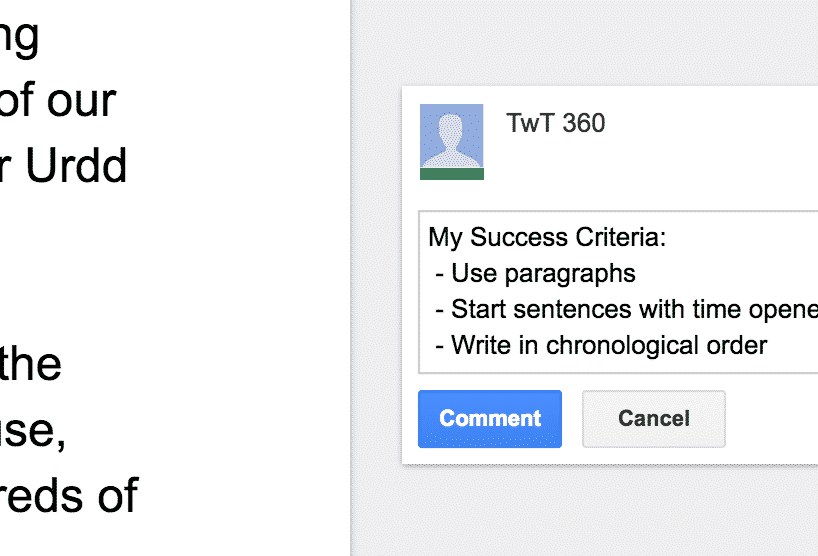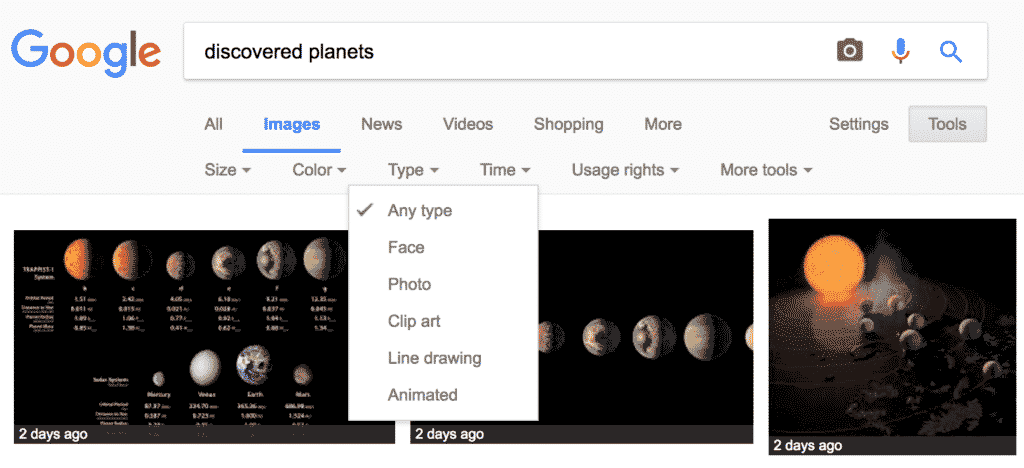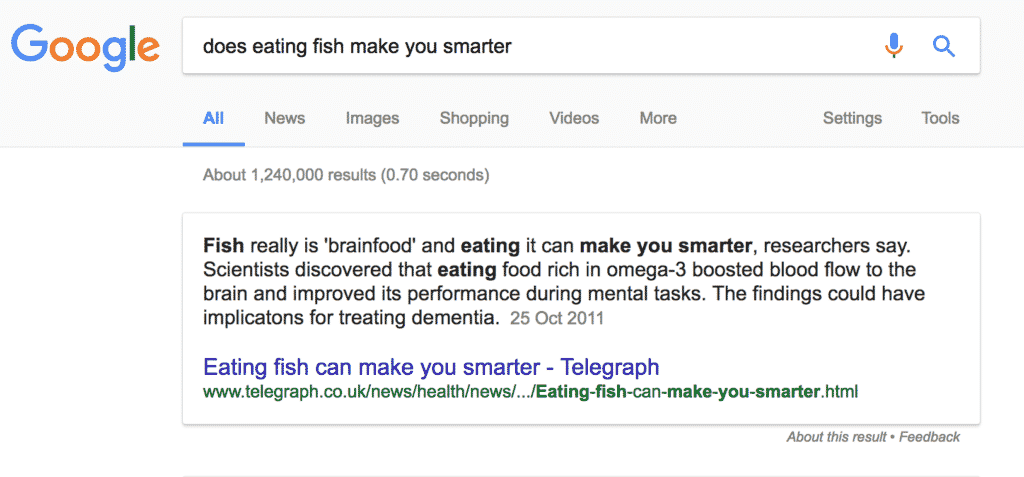Planning, Sourcing and Searching
3.1
Activity 1
My Success Criteria
The planning aspect of this element can be achieved by any number of planning activities. Your pupils do this type of work in every subject - coming up with their own success criteria, modelling how to achieve them, creating a plan their work beforehand. There is no specific need to do this planning using technology, but if you do want to incorporate technology then here is one way of doing so:

Activity Tasks:
- When preparing for a word processing or presenting task, encourage pupils to decide beforehand, through discussions, what their success criteria should be.
- Have each pupil use the comment function on Office 365 or Google Docs/Slides to type in their own success criteria. This way, it will always be visible to them as they create their main task.
Remember
- Your pupils should be very confident in using the comment function as it was part of their 'Collaboration' activities in previous years.
Activity 2
Searching Deeper
Searching online is a skill most adults take for granted. But we also often wrongly assume that children are adept at it. In Years 3 and 4, pupils looked at selecting keywords and skimming results. In Year 5 we move on to using some key symbols and words for more effective searches and filtering those results.
Prepare:
- Pick a topic, appropriate for your 9 and 10 year olds, that has been in the news over the previous few days.

Activity Tasks:
- Show the class that if you are searching for any term in Google, then selecting 'Tools' gives you some filtering options. You can filter to show UK webpages only or to show webpages that were updated between certain dates.
- Ask your pupils to find the three most recent articles published in the UK about your news event and to take a screenshot of each one.
- Repeat the example for Google Images search, showing the numerous tools available (size, colour, type, time, usage rights). Discuss when these would be important:
- Size - Do you need a large picture as background?
- Colour - Perhaps you want black and white images to colour?
- Type - Do you want a cartoony image?
- Focus on usage rights, discussing copyright rules and how other people's images shouldn't be used without permission.
- Ask the pupils for a variety of image styles related to your news theme e.g. a large image, a cartoon, a picture I can colour, an image without copyright protection.
- Share a Google Slide or Powerpoint 365 with the pupils with a different slide for each type of search and image. Pupils can copy and paste their images and screenshots onto the correct slides.
- As an extension, show them how adding 'AND', 'OR', '+', '-' or 'site:' to the search can help narrow the results.
Searching Deeper
Remember
- Give them time to practise the different tools and to look around the other options such as news search, books search, video search and shopping search.
Activity 3
Evidence Hunt

In this age of misinformation and alternative facts, it's important that pupils practise the art of proving or disproving various claims. You will state a number of outlandish claims, some true, others not. The pupils will have a race to find three sources that either prove or disprove your claims.
Prepare:
- Come up with five or so outlandish statements or old wives' tales, some of which are true and can be verified online, others which can be disproven (e.g. going out without a coat can give you a cold (false), eating fish makes you brainier (true) ).
Activity Tasks:
- Explain to pupils that the internet, and social media in particular, contains a lot of mistakes, exaggerations and straight up lies. It's often hard to work out what is true and what is not, and therefore we have to be vigilant and ready to check out any "fact" that seems too good or too crazy to be true!
- Discuss how they could prove or disprove an outlandish claim. Remind them how to search effectively using keywords and scanning the top results.
- Give them your first outlandish fact and let them race to find three sources that prove or disprove it. Repeat for the other facts.
